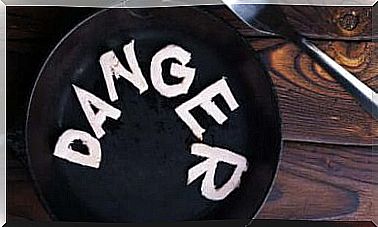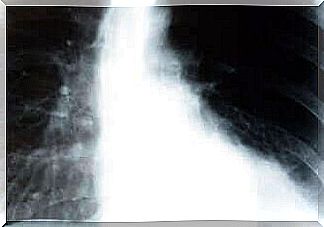That’s Why Needlework Is Good For The Brain

Needlework is very interesting hobbies that can train one’s brain and a range of abilities that are fundamental to activities we do every day.
It has been proven that they are an excellent form of therapy for stress and depression. They induce hormones associated with well-being and promote relaxation.
Ordinary needlework strengthens one’s fine motor skills, creativity and even one’s self-confidence and self-esteem.
It is also a great way to break out of your daily routine and not to focus on issues that cause fear, anxiety and other unhealthy emotions.
Whether it is knitting, painting, drawing or any other form of artistic activity, it is considered “maintenance of the brain” to dedicate a few minutes a day to this.
Although many do not realize it, the brain benefits most from the techniques required to perform needlework.
Below, we will review some of the basic benefits and reasons to get started.
What are the benefits of needlework for the brain?
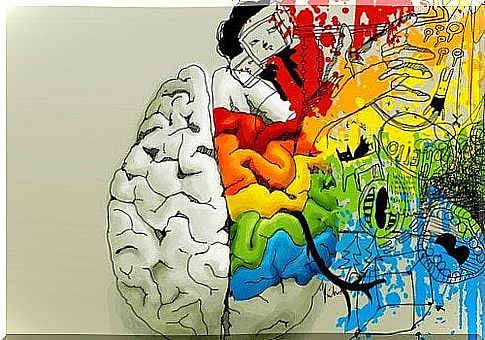
Doing needlework is a relaxing form of therapy that improves one’s mental health, well – being and activity in the brain.
The people who regularly do needlework find it easier to reflect and increase their imagination and creativity.
Betsan Corkhill did a survey with 3545 knitters. In that study, it was found that needlework and mental games have benefits that help the development of the brain and emotional health.
These kinds of tasks give us energy, improve our social communication and help build self-confidence.
This is due to the fact that they lead to relaxation and challenge the brain to be able to work more efficiently.
The senses are occupied and motor skills are improved, especially in the hands.
According to the survey, 50% of people said that knitting increased their sense of happiness and relaxation.
The majority also agreed that it helped reduce stress and increase their creativity.
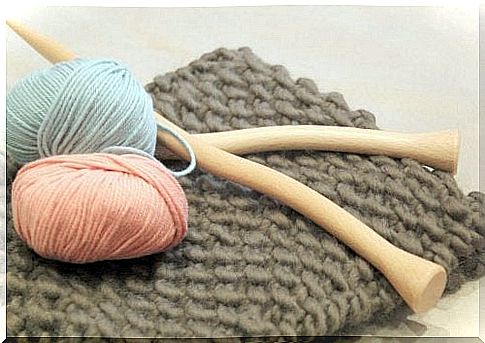
The study found that there is a correlation between the number of times each person performed the activity and their emotional state.
Knitters who knit three or more times a week feel more relaxed, happier and less anxious than those who do it less or not at all.
These types of hobbies require you to focus your attention on a desired outcome and concentrate your thoughts on a single task.
At the same time, you build more patience when you take on a project and want to achieve a goal. Perseverance is built and a greater self-confidence is gained to overcome the obstacles.
It entertains the brain
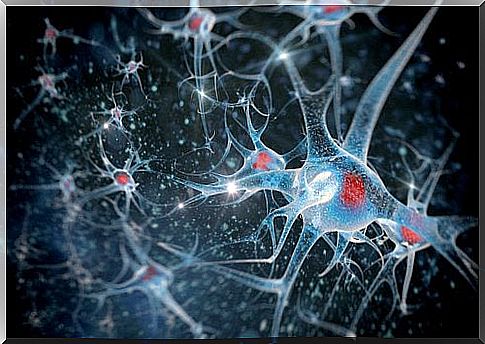
Another study was published in the journal Neurology in the United States. It was concluded that artistic activities can reduce the risk of mild cognitive impairment.
Researchers wanted to find out if it was possible to avoid this process. It is caused by aging. And the results they got were surprising.
People who paint, make sculptures, take pictures and draw at a middle or older age are 73% less likely to develop mild cognitive impairment compared to those who do not do these things.
Those who engage in needlework have up to 45% less risk of dementia than those who do not engage in these activities.
To sum up, needlework benefits the brain because they:
- Provides mental challenges that lead to solutions to problems.
- Improves social connections.
- Makes one feel complete.
- Promotes the development of coordination of hands and eyes, perception of space and fine motor skills.
- Are good at learning and teaching.
- Focuses one’s attention and thoughts on one task.
- Stimulates one’s imagination and creativity.
- Protects memory and reduces the risk of mental deterioration.
- Involves learning techniques with relaxation, meditation and rhythm.
- Treats both depression and stress.
Based on the above, we can conclude that simple needlework can help us stimulate and protect the brain.
Although mental health depends on many things, exercising these tasks regularly can have long-term benefits.
What’s great is that nowadays it’s very easy to learn and practice these kinds of needlework. And the materials one needs are often cheap and recyclable.
Start today!


